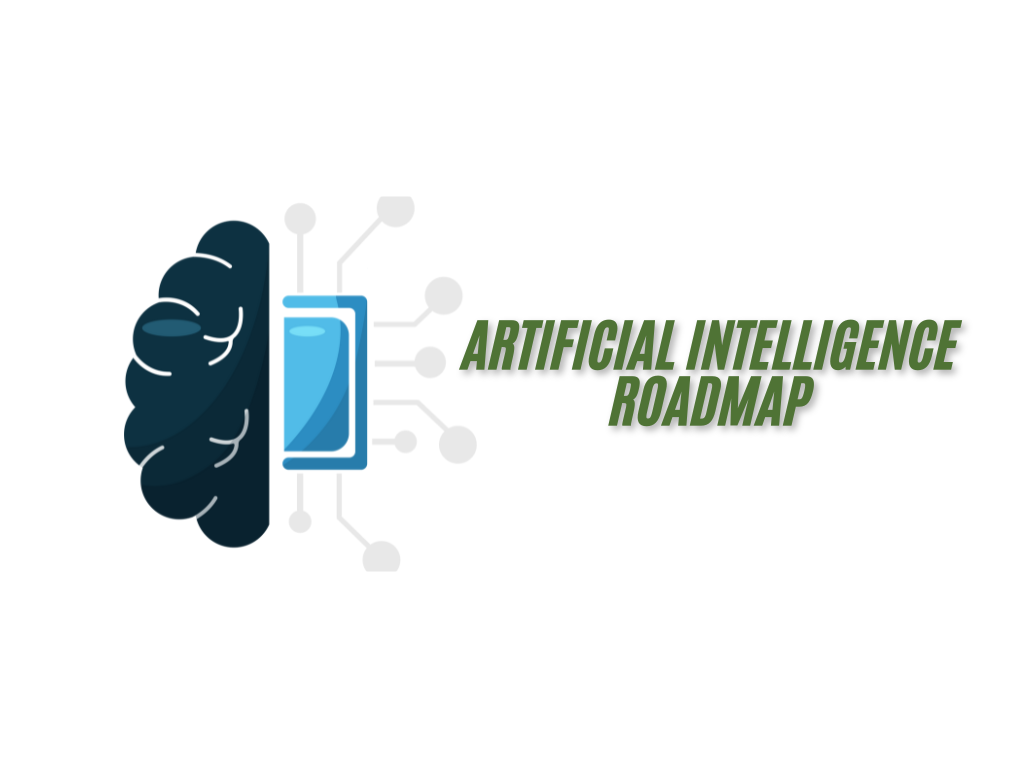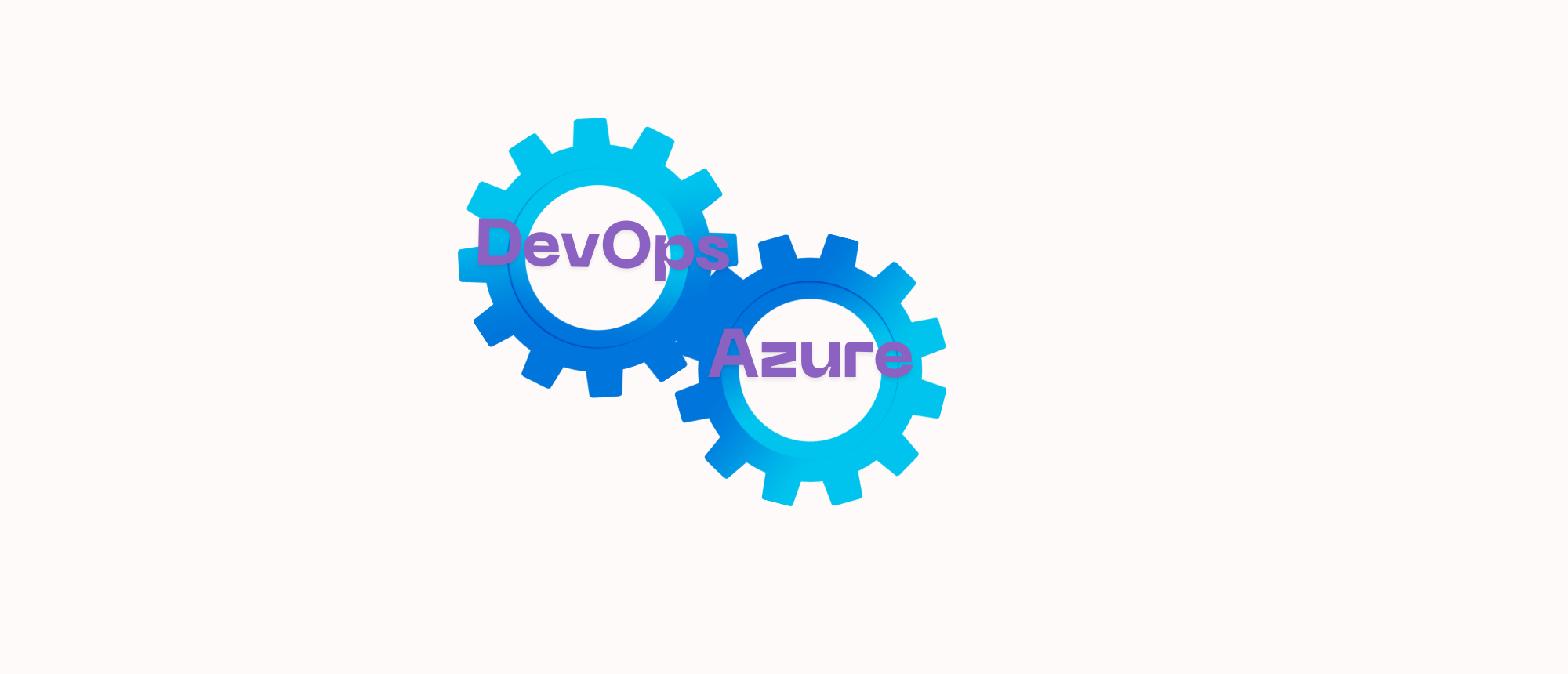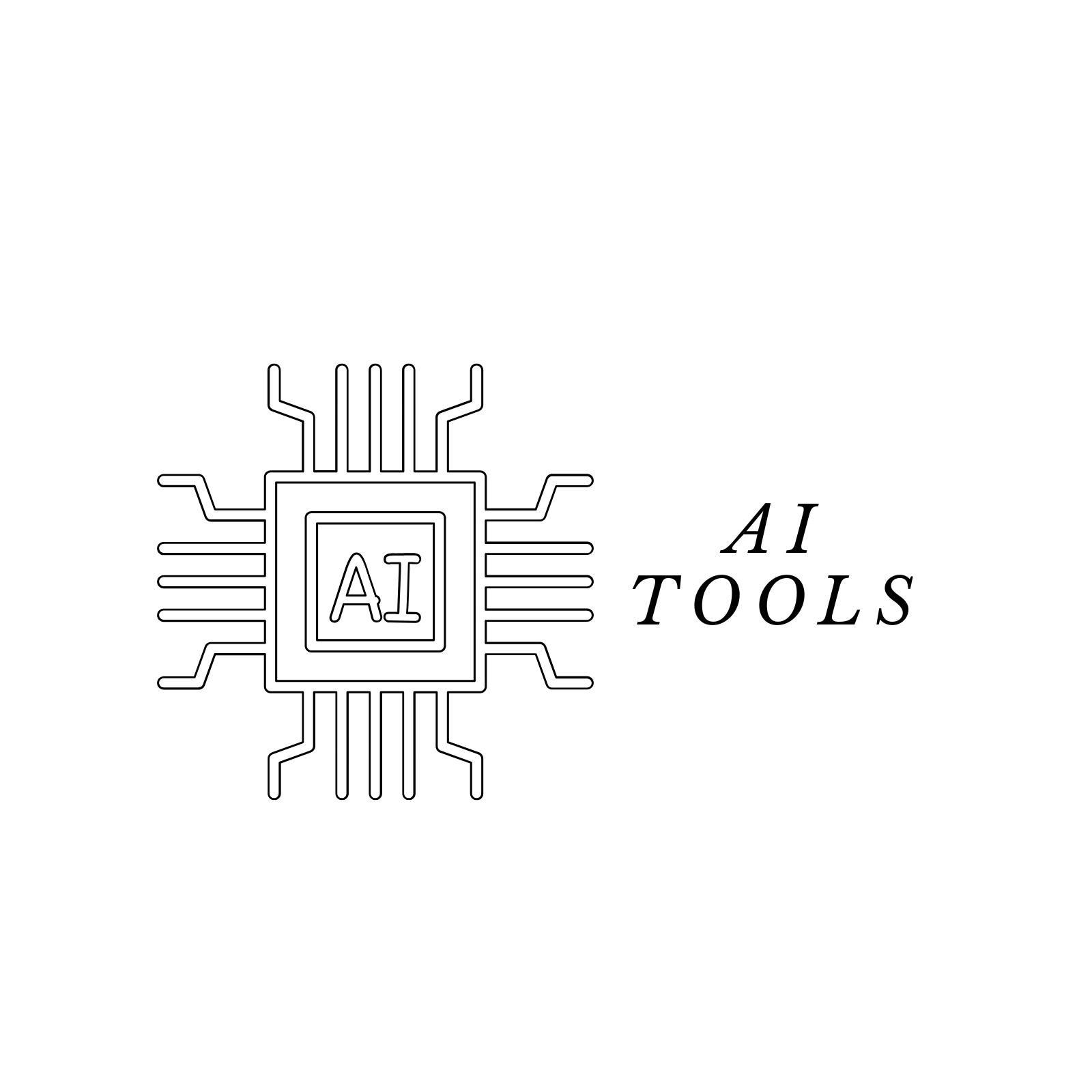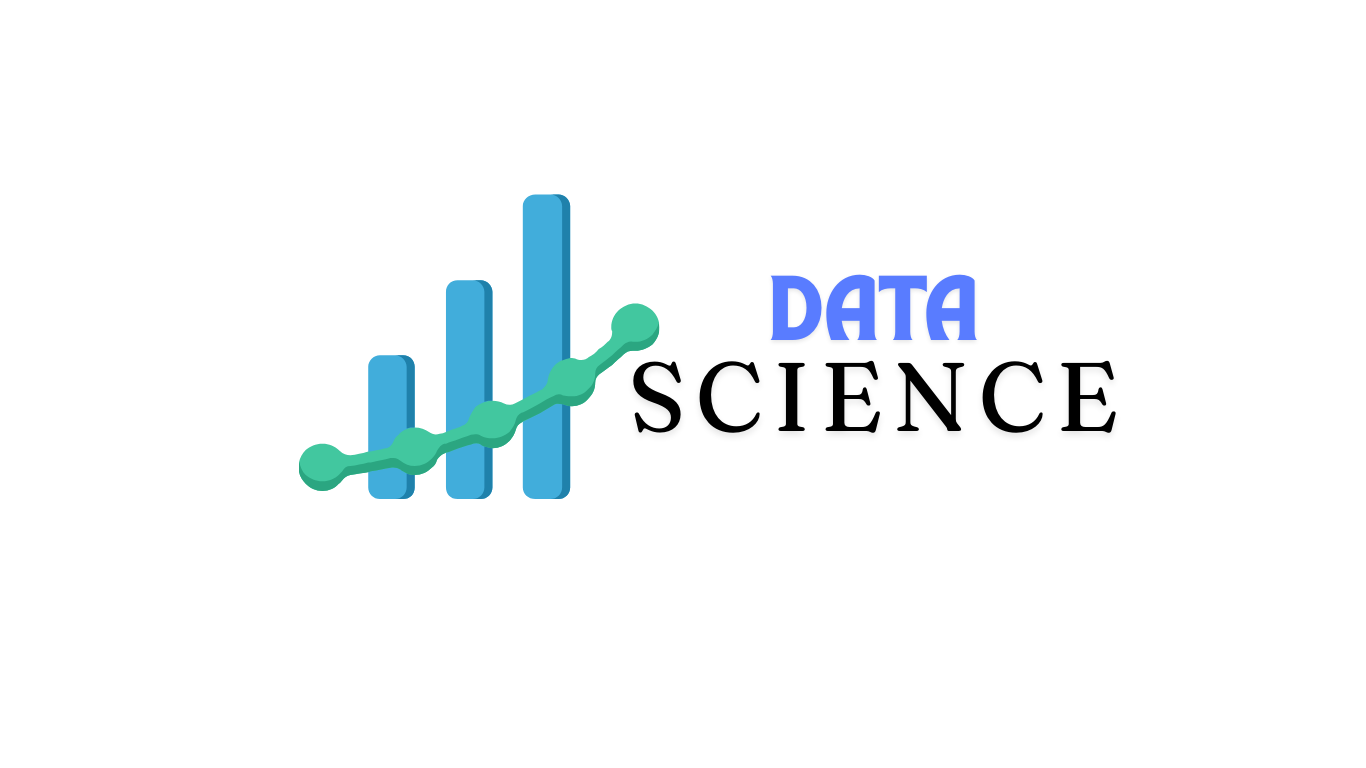Artificial Intelligence (AI) is transforming every sector from healthcare to finance to education. As AI technologies evolve, having a clear, strategic roadmap is essential for individuals, organizations, and governments aiming to adopt or advance in this field. Whether you’re exploring AI for personal development, business innovation, or policy-making, a well-defined path helps you move forward effectively and responsibly.
STEP 1:Build a Strong Foundation
Core Skills to Master
To start your journey in AI, you need proficiency in several key areas:
Mathematics: Linear algebra, calculus, probability, and statistics
Programming: Python and libraries like NumPy, pandas, and scikit-learn
Computer Science Fundamentals: Algorithms and Data Structures
Data Skills: Data collection, cleaning, and visualization
Essential Tools and Platforms
Jupyter Notebooks, Git, SQL, Excel
Step 2:Choose Your Path in AI
AI offers a wide range of career paths. Each has its own skill set, tools, and goals. Here’s a breakdown:
1.Machine Learning Engineer
Focus: Building and deploying machine learning models
Skills: Supervised/unsupervised learning, model evaluation
Tools: scikit-learn, TensorFlow, PyTorch, MLflow, Docker, Kubernetes
2.Deep Learning Engineer
Focus: Neural networks, computer vision, NLP
Skills: CNNs, RNNs, transformers, GPU acceleration
Tools: TensorFlow, PyTorch, Hugging Face, CUDA
3.Data Scientist
Focus: Data analysis, insights, predictive modeling
Skills: Statistics, storytelling with data, machine learning
Tools: Python, R, Tableau, Apache Spark
4.AI Research Scientist
Focus: Advanced algorithm development, academic research
Skills: Theoretical ML, advanced math, scientific writing
Qualifications:Typically requires a PhD or advanced degree
5.NLP Engineer
Focus: Natural Language Processing applications
Skills: Text preprocessing, embeddings, language models (BERT, GPT)
Tools: Hugging Face Transformers, spaCy, NLTK
6.Computer Vision Engineer
Focus: Image and video processing
Skills: Object detection, segmentation, OpenCV
Tools: YOLO, OpenCV, TensorFlow, PyTorch
7.AI Ethicist/Policy Analyst
Focus: AI ethics, bias mitigation, regulation
Skills: Ethics, law, policy development, fairness in AI
Tools: Model interpretability libraries, auditing tools
8.MLOps Engineer
Focus: AI model deployment, monitoring, and automation
Skills: CI/CD, cloud services, containerization
Tools: Docker, Kubernetes, AWS/GCP, MLflow
9.AI Product Manager
Focus: Overseeing AI product lifecycle and strategy
Skills: Business analysis, user needs, AI feasibility
Background: Blend of technical and managerial expertise
Step 3: Build Experience and a Portfolio
Projects: Develop real-world AI applications chatbots, recommendation systems, image classifiers, etc.
GitHub: Showcase your code, notebooks, and documentation.
Kaggle: Participate in competitions and collaborate on datasets.
Internships: Apply for roles in AI development, data science, or research labs.
Step 4: Education & Certification
Formal Education
Degrees in computer science, artificial intelligence, data science, or mathematics are highly valuable.
Certifications (Optional but Beneficial)
Google Professional Machine Learning Engineer
IBM AI Engineering on Coursera Deep Learning Specializations (Andrew Ng)
Step 5: Job Search & Career Growth
Platforms: LinkedIn, Glassdoor, Indeed, AI jobs
Resume Tips: Emphasize projects, technical skills, and measurable outcomes.
Networking: Attend AI meetups, conferences, hackathons, and online forums.
Lifelong Learning: AI evolves rapidly follow research papers, blogs, and new courses regularly.
Conclusion
Artificial intelligence offers diverse, rewarding careers that cater to technical, creative, and ethical minds alike. The key to success lies in strong fundamentals, a clear specialization, hands-on experience, and a commitment to continuous learning. By following a structured roadmap, you can make a lasting impact in the world of AI responsibly, effectively, and confidently.



